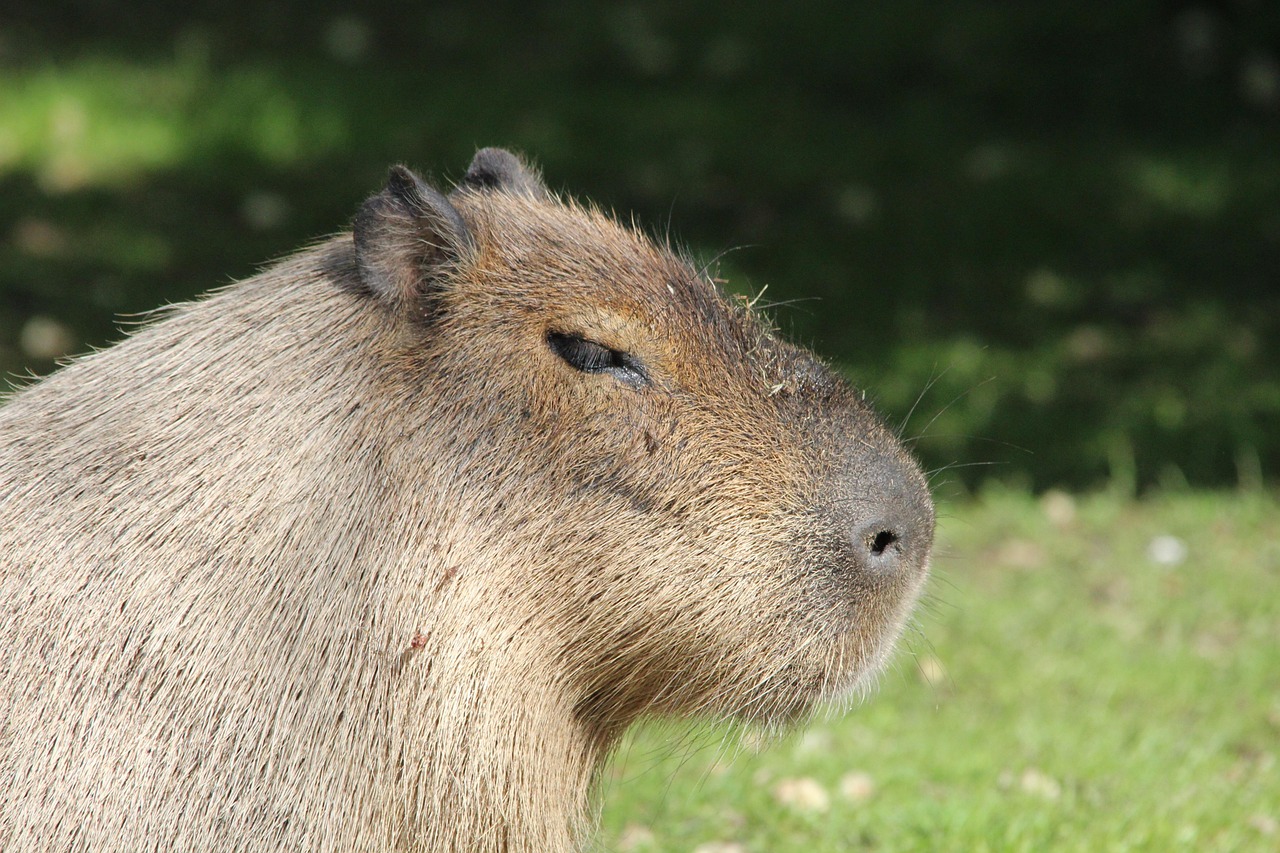Costa Rican police conducted a groundbreaking operation, seizing five capybaras—a non-native species—in the country’s first recorded case of capybara trafficking. The seizure occurred during a vehicle checkpoint on Route 34, Costanera Sur, in Orotina, Alajuela, along the Pacific coast.
The incident began when a vehicle attempted to evade a police roadblock in the Mollejones sector. After a brief chase, officers from the Fuerza Pública stopped the vehicle and inspected its contents. Inside, they found five juvenile capybaras, three females and two males, alongside 60 doses of crack cocaine, marijuana, two bladed weapons, and plastic spurs. Two men, identified by the surnames Torres and Navarrete, both with prior criminal records, were arrested.
“This operation marks a historic milestone in our efforts to combat illegal wildlife trade,” stated the Public Security Ministry. “It’s the first time capybaras have been seized in Costa Rica, highlighting the intersection of drug trafficking and the illegal transport of exotic species.”
Capybaras, the world’s largest rodents, are native to South American countries like Colombia, Venezuela, Peru, and Brazil but are not found naturally in Costa Rica. Their possession, transport, or trade is illegal under Costa Rican law due to the ecological risks they pose as a potentially invasive species.
The seized capybaras were transferred to the Wildlife-Zoave Rescue Center, where veterinarians are providing specialized care. According to veterinarian Isabel Hagnauer, the animals are in “fair” condition and under quarantine for one to two months, depending on their recovery. “These capybaras cannot be released into Costa Rican ecosystems,” Hagnauer explained. “They will likely be relocated to an authorized sanctuary for use in conservation and environmental education programs.”
Security Minister Mario Zamora emphasized the broader implications of the seizure, noting, “This action reveals how drug trafficking often coincides with the illegal trade of non-native species, posing threats to both public safety and our ecosystems.”
Wildlife trafficking remains a significant challenge in Costa Rica, with 200 reports registered in 2024 alone, according to the Judicial Investigation Organism (OIJ). The trade threatens native fauna and can disrupt ecosystems by introducing species that compete with local wildlife or spread diseases. Authorities urge the public to refrain from keeping wild animals as pets and to report suspicious activities to the relevant agencies.






